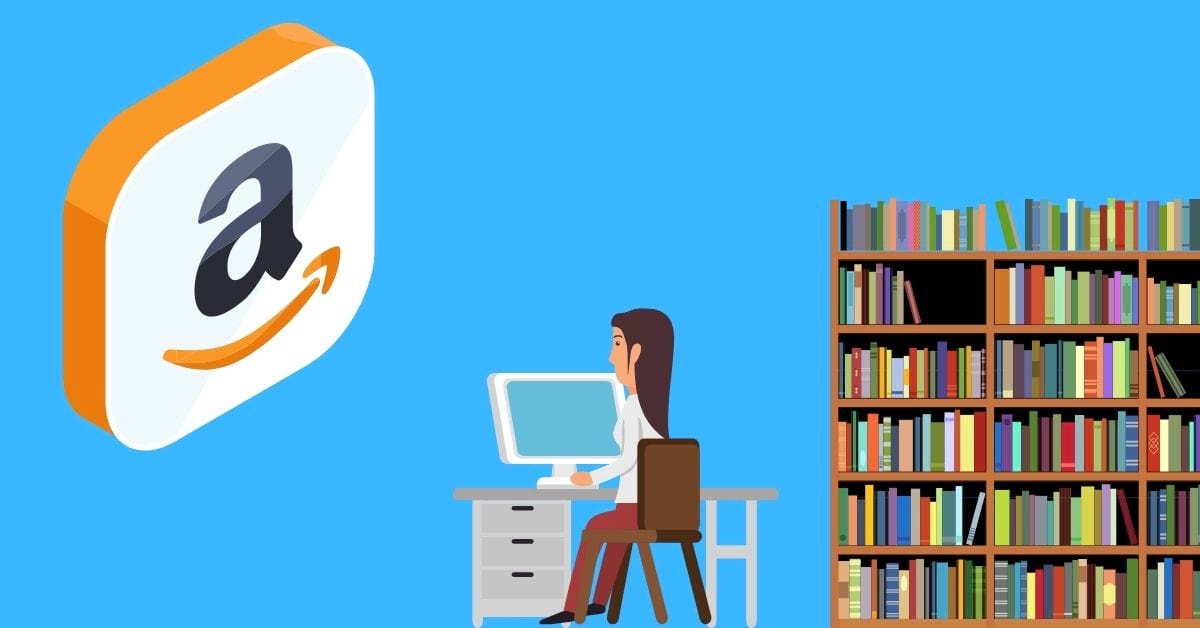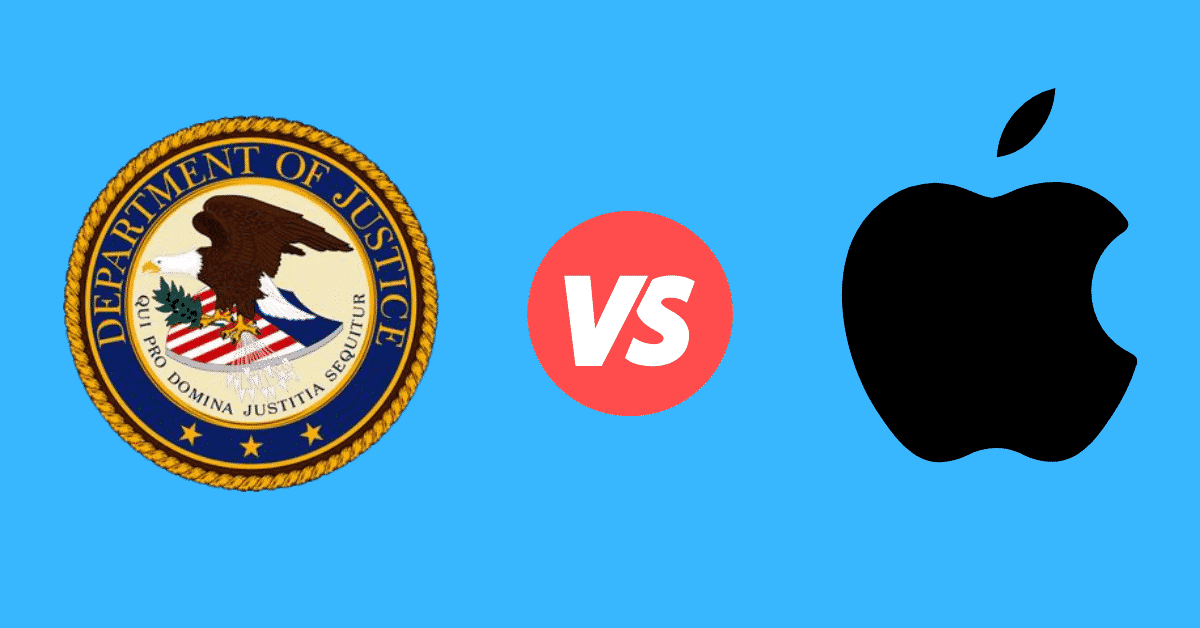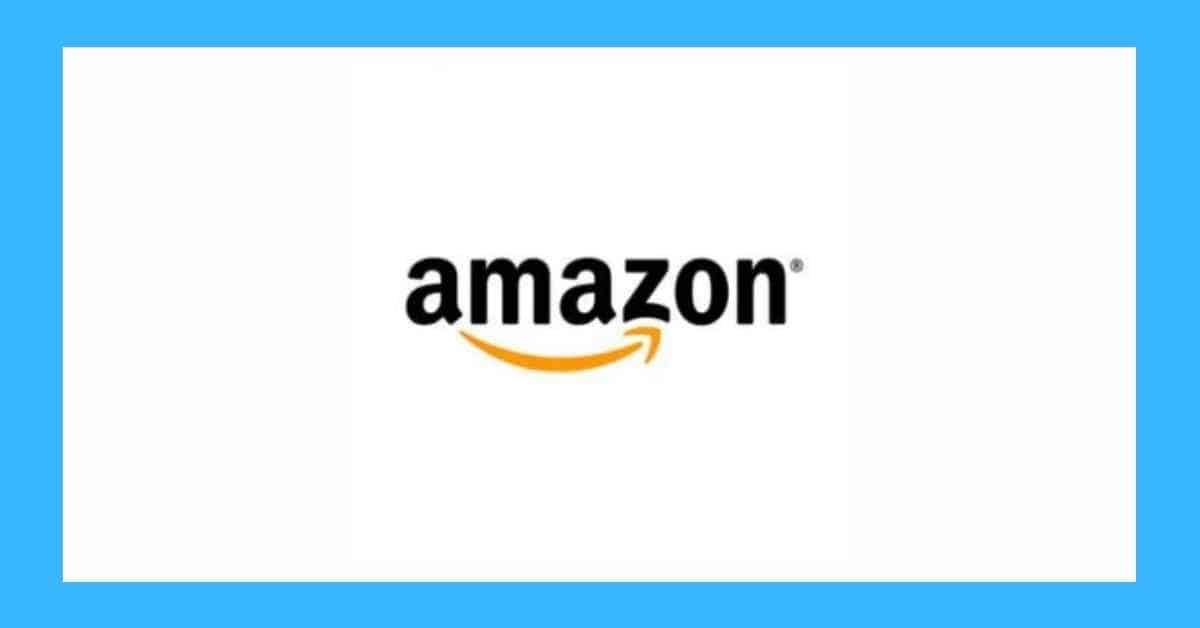Amazon’s Purchase Of Goodreads Could Be Good
The doom-mongers have been running wild on Twitter with the news that Amazon is to acquire Goodreads. Much of that nonsense is typical (i.e. hysterical) Amazon bashing, or reflexive defense of the status quo.
I’m not going to deal with the Chicken Little stuff. I have less and less patience with people who claim that Amazon has or is striving for some kind of evil monopoly that will subjugate authors and readers when all the evidence to date is that they will treat authors better than any publisher and provide readers with cheaper books, a bigger selection, and a better customer experience than any other retailer.
There are some more reasonable fears about what this purchase entails. I would like to deal with these in turn, then discuss how I think this acquisition will be beneficial to writers – particularly self-publishers. I respect the fact that this is a hot-button issue for many, and that reasonable people will disagree with my perspective. Read More…
The Authors Guild Doesn’t Serve Writers
At the beginning of March, The President of the Authors Guild – Scott Turow – called for the Department of Justice to drop their unfinished investigation into e-book price-fixing.
That call, of course, went unheeded, the investigation continued, and a suit was filed. A settlement was agreed with three of the Price Fix Six (with the rest electing to go to trial), but that settlement had yet to be approved by the court. Meanwhile, a wave of news stories appeared bashing a company not alleged to have participated in that price-fixing: Amazon.
The allegations against Amazon were successively absurd, culminating in a ridiculous story which claimed that Amazon’s charitable donations were a nefarious attempt to co-opt critics. It was quite clear at that point that we were witnessing a concerted PR campaign to sully Amazon – with reporters openly admitting that these stories were being fed to them by publishing executives. Read More…

Big Publishing Hates Competition
The reaction to the filing of the DoJ’s antitrust suit was predictable. Among other things, the DOJ has been accused of working for Amazon, helping them to “destroy the publishing industry.”
If you want to sample the mindset I’m referring to, simply visit the comments of any article on the matter in the trade press – although this vocal group are strangely absent from the comments of articles such as this one describing publishers’ (alleged!) attempts to cover up their actions by deleting emails.
I’m not sure when “the publishing industry” become exclusively synonymous with the largest publishers. I’m not sure when their narrow interests became everyone’s interests, because what’s good for Penguin isn’t necessarily good for writers, small presses, or indie bookstores. Read More…

Apple Antitrust Suit Draws In Big Publishers
The Department of Justice has filed an antitrust lawsuit against Apple and five of the largest publishers: Macmillan, Penguin, HarperCollins, Hachette, and Simon & Schuster.
A related settlement has also been agreed with three of the parties HarperCollins, Hachette, and Simon & Schuster – while Macmillan claimed the terms were too onerous, and it seems Penguin will join them in fighting the case, along with Apple.
The agreed settlement must still be approved by the court, but among the conditions are the end of the Agency model (despite the attempted spin by the likes of Publishers Weekly) and the return of pricing control to the retailers (such as Amazon). In addition, the settling parties will be monitored by the DOJ, who must be copied on any communications surrounding this or any related matter Read More…
Scott Turow: Wrong About Everything
On Thursday it was reported that the U.S. Justice Department was preparing to sue five of the largest publishers, and Apple, for (allegedly) colluding to fix e-book prices. Despite the shock expressed in some quarters, this is hardly a bolt from the blue.
It’s almost a year since the European Union raided the offices of several publishers in France, Italy, and Germany, kicking off their own Europe-wide anti-trust investigation – later folding into that probe a similar move by the Competition Authority in the UK to examine the Agency Agreement.
It was also widely reported late last year that a U.S. Justice Department investigation, along similar lines, had commenced. Read More…

Amazon Also Creates Competition
The big topic (again) seems to be Amazon and competition. Whether it is a monopoly, or is heading in that direction, and if it should be “stopped” – although it’s never clear what that entails. Barry Eisler dealt with this fear, rather conclusively, in a guest post on Joe Konrath’s blog. This post is from 17 February 2012. It has not been updated except to clean up broken links but the comments remain open. But lately, the hysteria has been ratcheted up a notch by Mike Shatzkin’s (sensible) prediction that Amazon will soon be responsible for 50% of most publisher’s sales. The Author’s Guild now has Amazon firmly in their sights. An article at the end of January entitled Publishing’s Ecosystem Read More…
^
